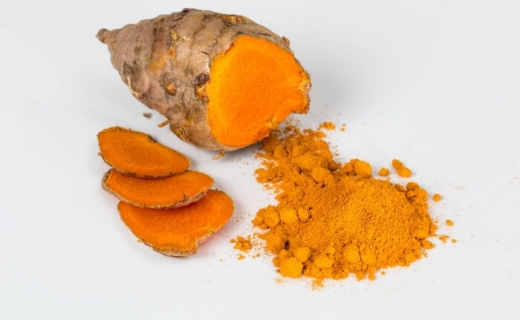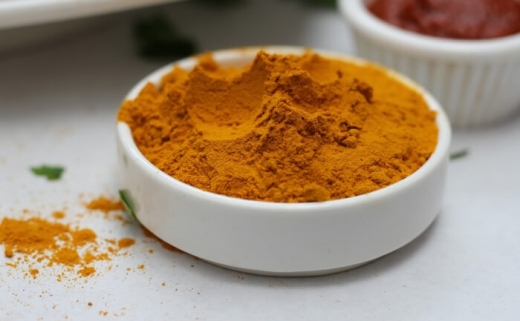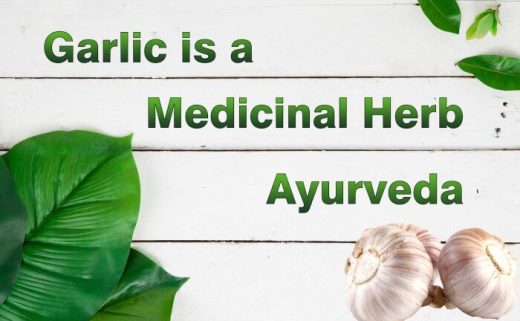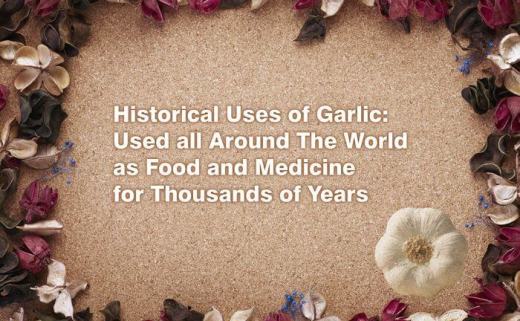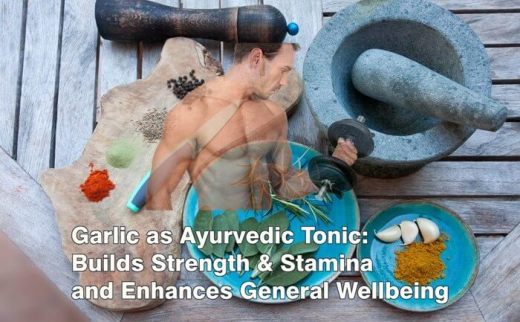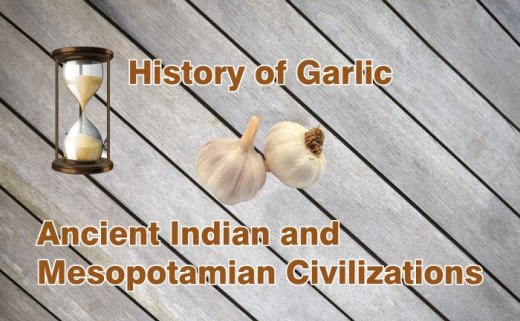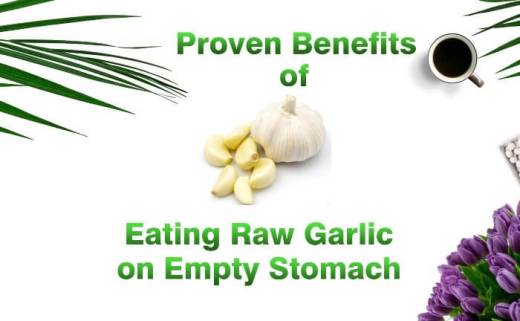History of Turmeric (Haldi) in India: A.K.A Poor mans Saffron
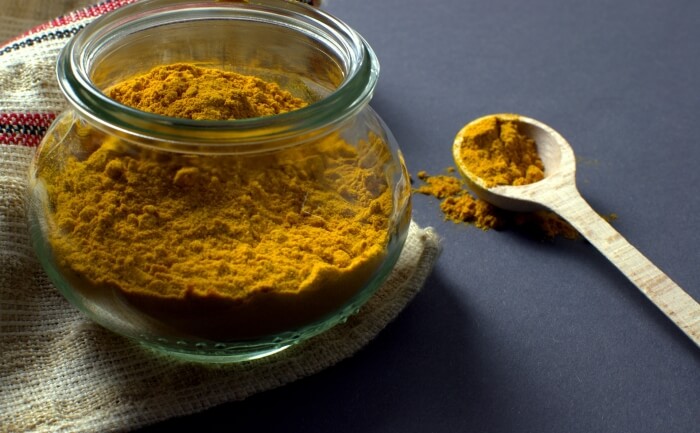
Turmeric can easily be classified as one of the essential household items in the Indian kitchen. It would be impossible to imagine any Indian cuisine without the use of Haldi. So what is the history of haldi? Why is it so widely used in India? Let us have a look at the history of haldi and try to answer some of these questions.
What is the Origin & History of Turmeric (Haldi)?
The exact origin of turmeric is unknown, but it is considered a native of the Southern part of India or Indonesia. The usage of haldi for medicinal purposes also dates back to the ancient times that can be dated back to almost 4000 years. Being the principal component in Ayurveda and Yunini forms of medicine, its cultivation can be traced back to the 250 BC.
The spread of Haldi in the European continent can be attributed to the Arab traders. Also, Marco Polo, during his voyages in the ‘Silk Route’ got introduced to Turmeric and was highly impressed by it. He told that Turmeric had all the properties of saffron but was something that was used extensively in Indian cuisine.
It is also known as Haldi which is its Hindi name and has high levels of medicinal properties. It is rich in Vitamin B, Potassium, Manganese, Dietary fibers and much more. It is antiseptic and is also used in the ancient Ayurvedic system to treat ailments like cancer among others.
Used in all types of Indian cuisine, haldi is helpful for adding aroma and flavor to the food.
Some of the benefits of including haldi in your daily life a.k.a the poor man’s saffron are as follows:
Medicinal Properties of Turmeric
Medicinal Properties of Turmeric are widely known and have been attested through generations. It can help with various digestive disorders with its ability to improve digestion, reduce bloating, gas, etc. It is also helpful in liver diseases, atherosclerosis, cancer, menstrual problems in women, osteoarthritis, eye disorders and other bacterial infections. It was used as an antiseptic on open wounds in traditional times.
Also Read: Amazing Nutritional Value of Turmeric: Offers a Wealth of Nutrients to Boost Your Health
Use of Turmeric for Cooking
Turmeric for cooking is an excellent way of adding healthy regimen in your diet. You can use it for marination, cooking, health drinks and much more. Adding some haldi every day in your kitchen can enhance your immunity, digestion, improve your complexion, fight against allergies and much more. Above all, it adds aroma and flavor to your food so you can deliciously lead a healthy lifestyle!
Use of Haldi in Ayurveda
Ayurveda is an age-old medicinal system, and turmeric has been an important ingredient in treating different types of ailments. It is an antiseptic, antioxidant, anti-allergic, astringent, anti-tumor and much more. It is great for treating problems in skin, liver, heart, and lungs. Some of the therapeutic properties of turmeric include treatment of diabetes, anemia, food poisoning, indigestion, wounds, infections, fevers, diarrhea and much more. You can only see that the list of therapeutic properties of haldi goes on. Therefore, its usage in Ayurveda has been very high since ancient times.
Use of Haldi for cosmetic purposes
Haldi is used for aesthetic purposes in many Indian households. It helps in healing skin related problems and rashes. Some skin conditions like acne and eczema can also be treated with the help of turmeric. It is also used in one of the pre-wedding ceremonies on Indian brides to help them prevent any kinds of skin infections so they can have a glowing look at their wedding. Turmeric is also used for the treatment of dandruff in the hair. Not just that, it also helps in stimulating the growth of hair. Adding a little bit of haldi in your face pack or scrub also leads to healthy skin. You can consider including it in your daily skin care regimen. Read: Turmeric is a Natural Beauty Booster, having Amazing Benefits for Skin
After seeing the history of turmeric and the various benefits of haldi, it is only apparent that having it as a part of your daily schedule can bring good health to you. The medicinal properties of turmeric and the use of turmeric in Ayurveda is a clear indication including turmeric in your daily routine is the right thing to do.
